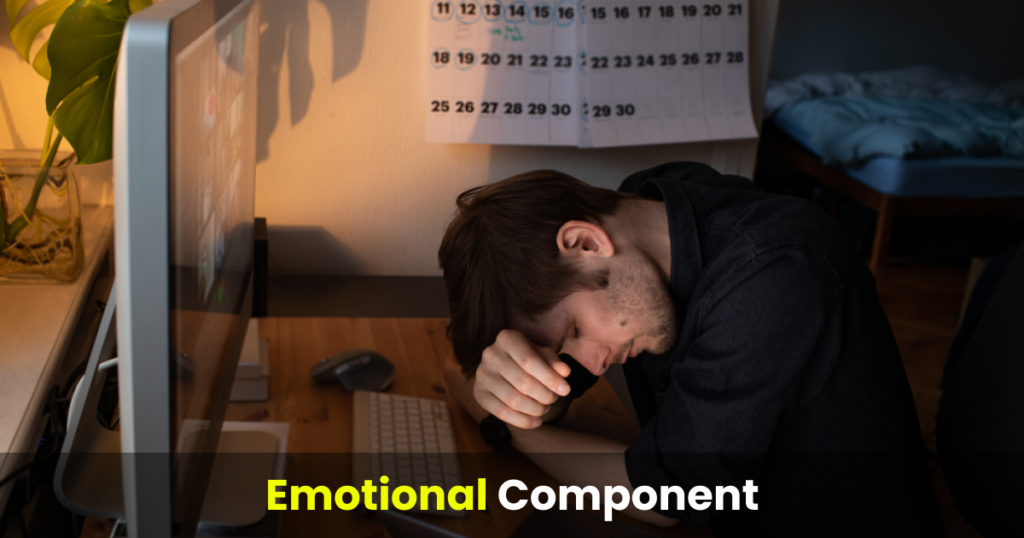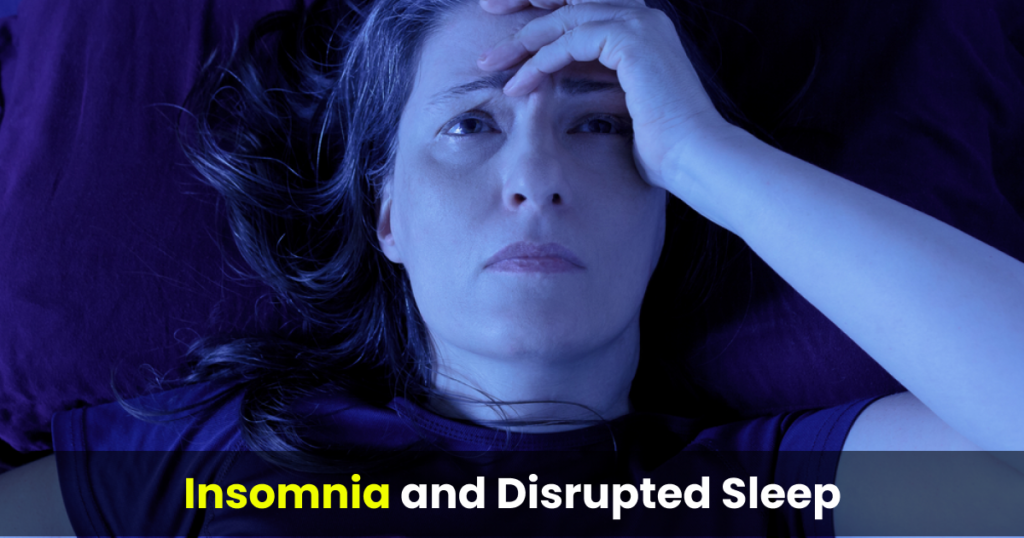Nowadays, it is typical to suffer from night eating syndrome. This suffering is not limited to teenagers, but is becoming increasingly common in all age groups, particularly the elderly. It may appear natural, but believe me, it can create numerous difficulties and damages both inwardly and outwardly. So let’s have a look at what is night eating syndrome.
Night Eating Syndrome
Syndrome refers to the medical signs and symptoms that are caused. There are various syndromes, however we are mainly focusing on the night eating syndrome. (NES) Night eating syndrome refers to eating problems that occur primarily at night, such as waking up from sleep or eating meals even after dinner, or irregular food intake late at night before sleeping. Okay, now we will see some important notes.
1. Eating Patterns

People with night eating syndrome typically consume a 1⁄2 meal after their evening meal, even if they had to wake up to do it. Breakfast is not appealing to me in the morning.
2. Emotional Component

In addition to not eating, NES is associated with emotional suffering, which can be defined as depression or anxiety. Most people eat at night to reduce stress or manage unpleasant emotions.
3. Insomnia and Disrupted Sleep

People with NES have problems sleeping, perhaps staying asleep longer than usual or waking up repeatedly during the night. This type of irregular feeding causes major disruptions in sleep.
4. Daytime Symptoms

People suffering from night eating syndrome are more likely to skip breakfast and eat very little lunch, and they feel horrible about it. This obviously impacts their eating habit during the day, and they will not feel hungry throughout the day because they ate have an unusual hour.
5. Impact on Health

As we have covered extensively the flaws of night eating syndrome, which clearly say that it is not a good thing and has numerous effects, each and every disadvantage will be proportionate to the health. The bad effects include unusual weight gain, difficulty losing weight, psychological anguish, and lack of sleep. Young children and young teenagers may suffer from sleep disorders, while older persons over the age of forty may experience weight gain and find it difficult to shed weight at that age. Those who are between adolescence and adulthood may have stress and psychological difficulties.
Conclusion
If you or someone in your circle suffers from night eating syndrome, there is no need to be concerned; this condition can be cured with behavioral therapy. There is a technique called cognitive-behavioral therapy (CBT), and you can also get correct medication or nutritional counseling from an expert. They can assist you with a diagnosis and improved treatment choices for night eating syndrome.

